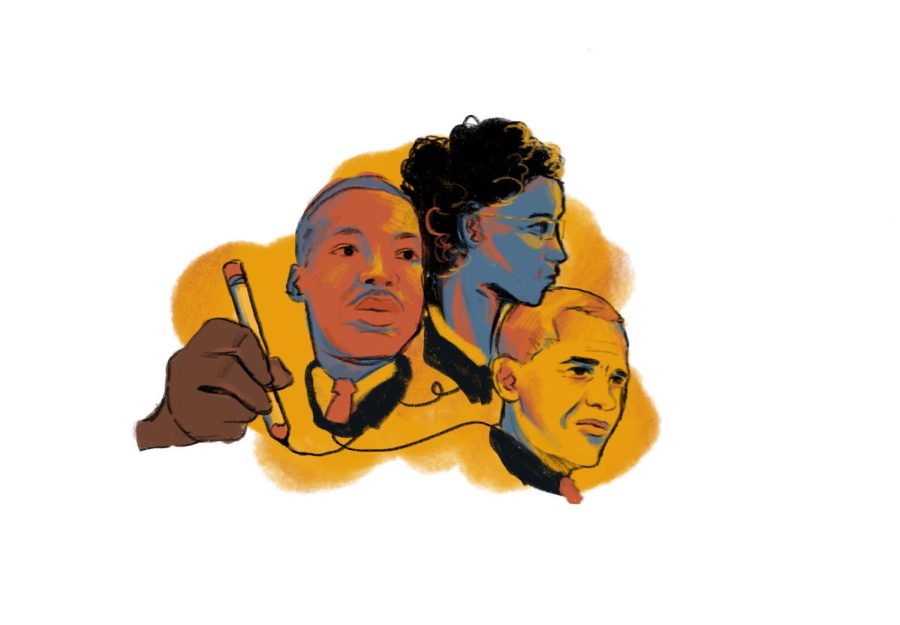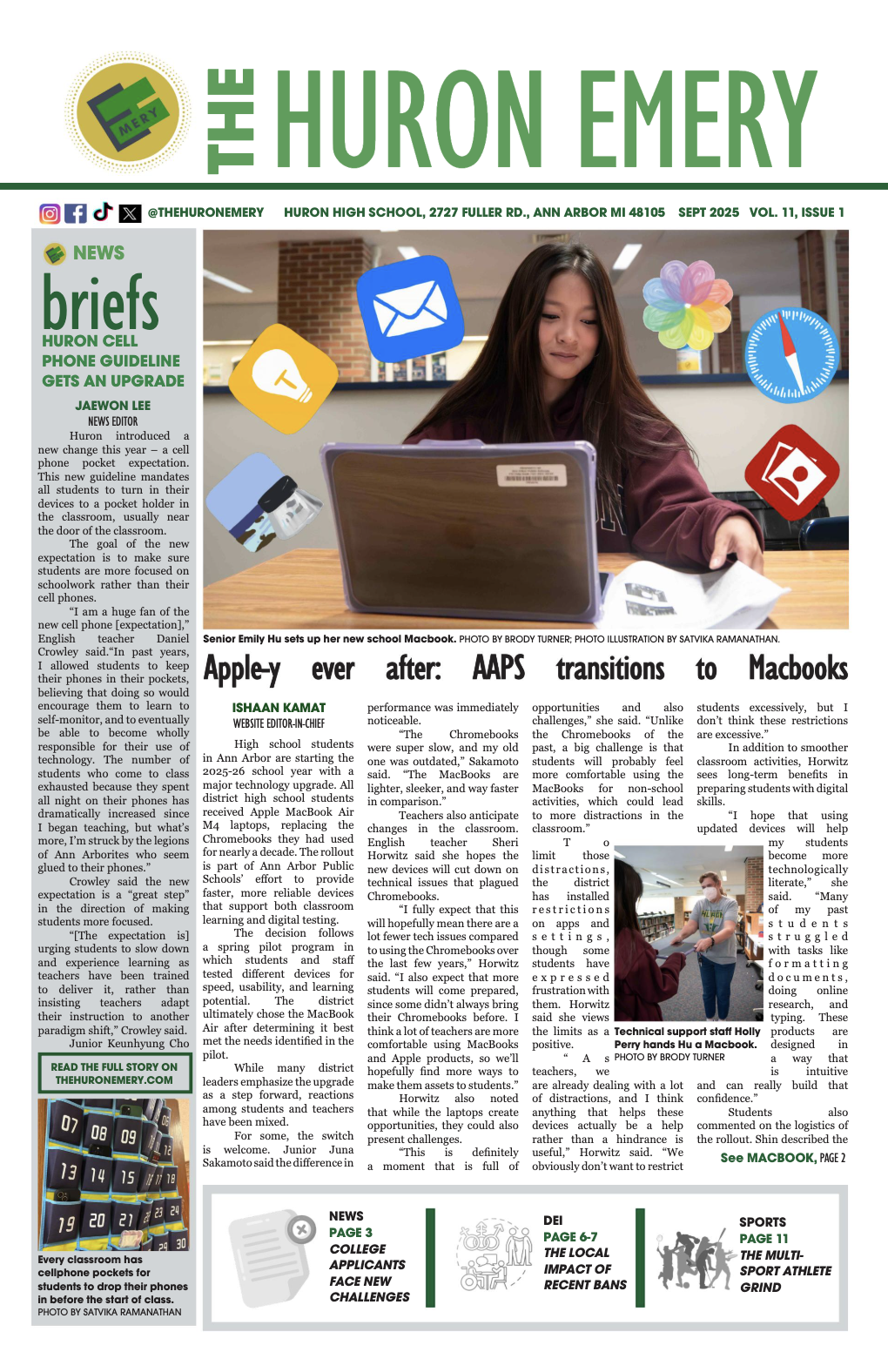Florida’s questionable ban of AP class on African American history
College Board introduced AP African American Studies as a new AP at the beginning of 2023.
April 6, 2023
It’s no secret that Florida is a conservative state with a strong Republican presence within their representatives in the House. But, the ban of the new AP African American Studies course in high schools around Florida was painted to be an act out of conservative beliefs, is, in reality, an act of disgusting prejudice from the Florida state government.
The College Board Advanced Placement (AP) program can help high school students to receive college credit, it also has the added benefit of giving students a preview into more advanced curriculums and learning material that they may encounter in college. These “AP classes” can range from a wide variety of subject matter — such as AP Chemistry to AP Music Theory — and the AP classes offered in different respective high schools can vary depending on extraneous factors such as school funding, qualified teachers, etc.
Two popular AP courses are AP U.S. History (APUSH) and AP European History, and are both widely regarded as exceptionally rigorous AP classes. Both of these courses cover very broad historical topics, but something shared by both classes is that they cover topics predominantly centered around White people’s role in human history. In fact, there are no other existing AP classes that offer a curriculum based around a more diverse focus.
But when The College Board introduced AP African American Studies as a new AP class to be offered among the 38 other AP classes at the beginning of 2023, it was the Florida Department of Education that sent a letter to The College Board saying that they were going to ban the new class from being offered in high schools throughout their state.
Florida’s objection to the class being offered stemmed from the curriculum’s focus the history and resilience of Black Americans born from the generational trauma of the trans-Atlantic slave trade, as well as the class’ larger focus on critical race theory and systemic racism in America.
Bryan Griffin, a spokesperson for Florida Governor Ron DeSantis said,
“The course is a vehicle for a political agenda and leaves large, ambiguous gaps that can be filled with additional ideological material, which we will not allow,”
Despite whatever political alignment a state may have, the intentional dismissal of education about race and racism is not derived from any political party, and is moreso an act of discrimination and racism in and of itself. Students deserve to be able to learn about racism of any kind — which is a large component of our country’s history. The College Board’s proposal for the new AP class wouldn’t have made AP African American Studies a required class, but simply a class offered for students who may be interested in such a topic, making Florida’s decision to diminish even the chance to access the curriculum to be even more morally questionable.
Living in such a diverse country, topics such as race and systemic oppression should not be shied away from in the classroom because they are such uniquely integral parts of our daily lives as Americans. In fact, information on such topics should be emphasized in educational systems across the country. The dismissal or neglect of things like critical race theory and a history of racism is a larger issue than bias between political parties, and every person in America — person of color or White — should be educated and well-informed about such topics. Even the knowledge about other cultures are essential to understanding the life experiences of others, and banning access to that knowledge for students across an entire state is an issue of racism and prejudice and not an issue of Democratic vs. Republican.











